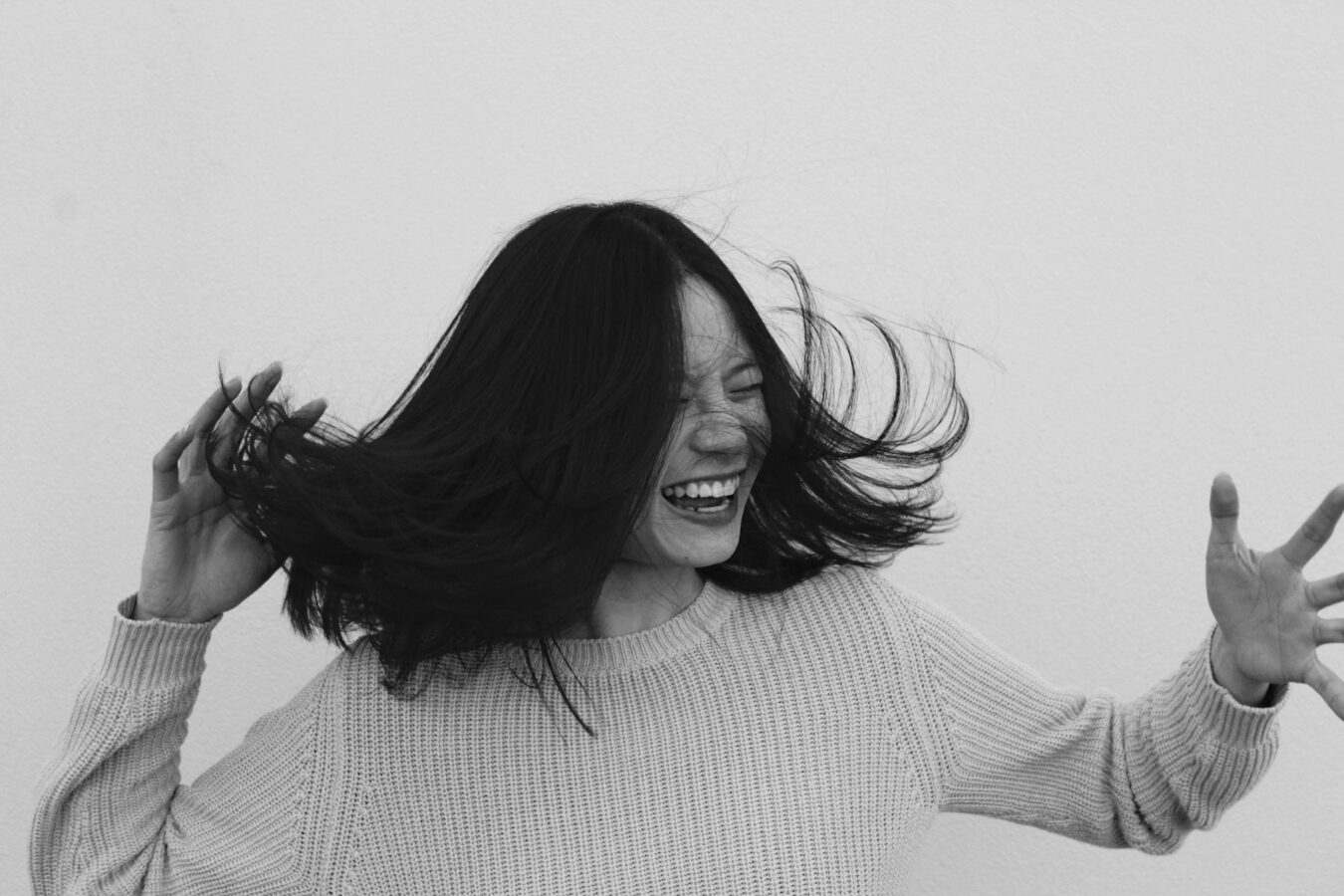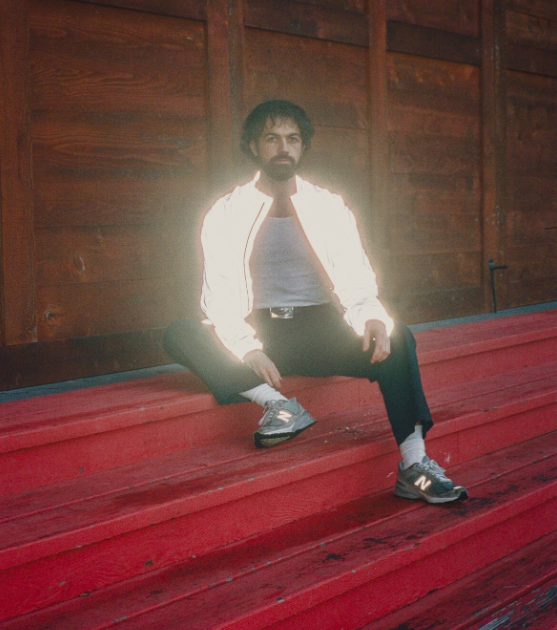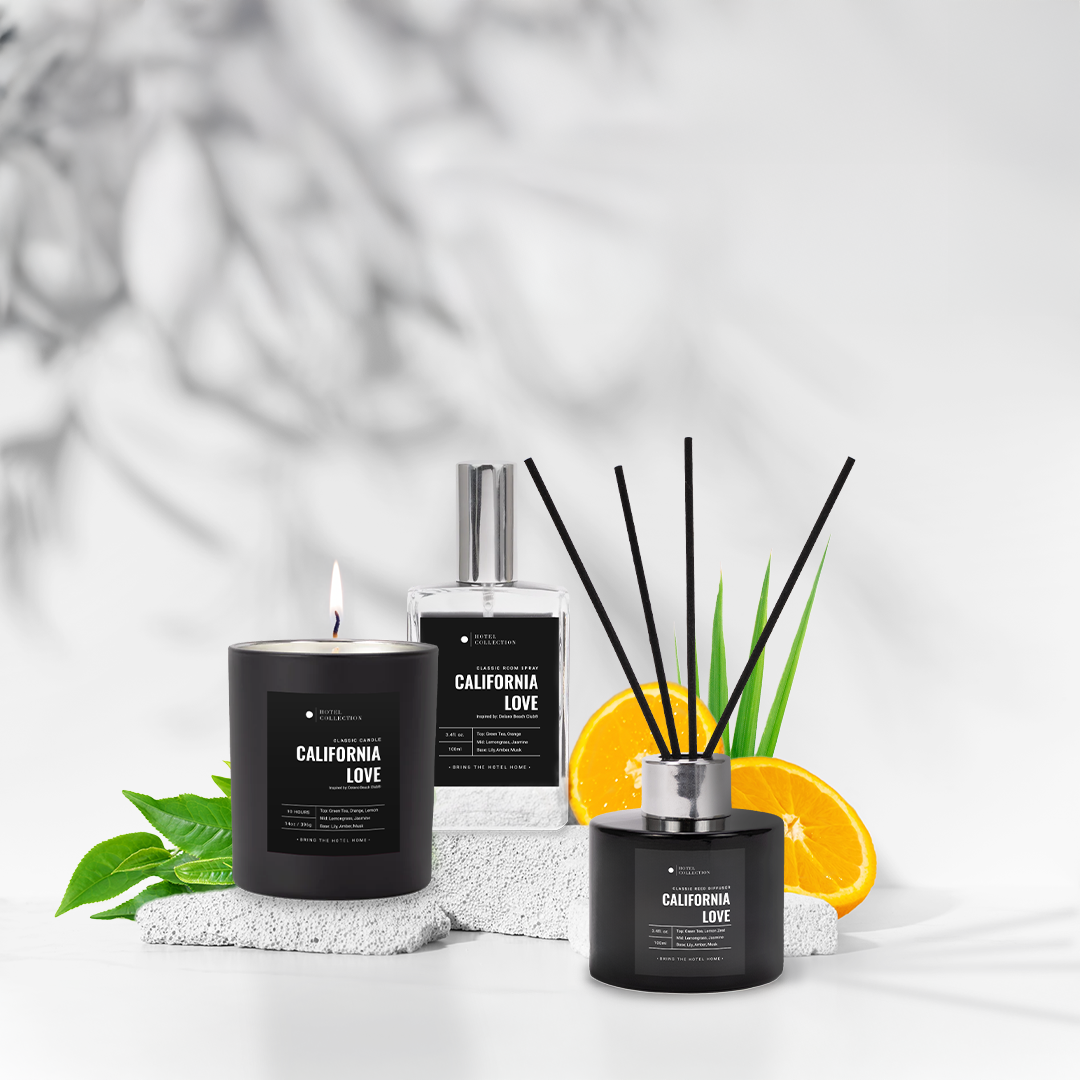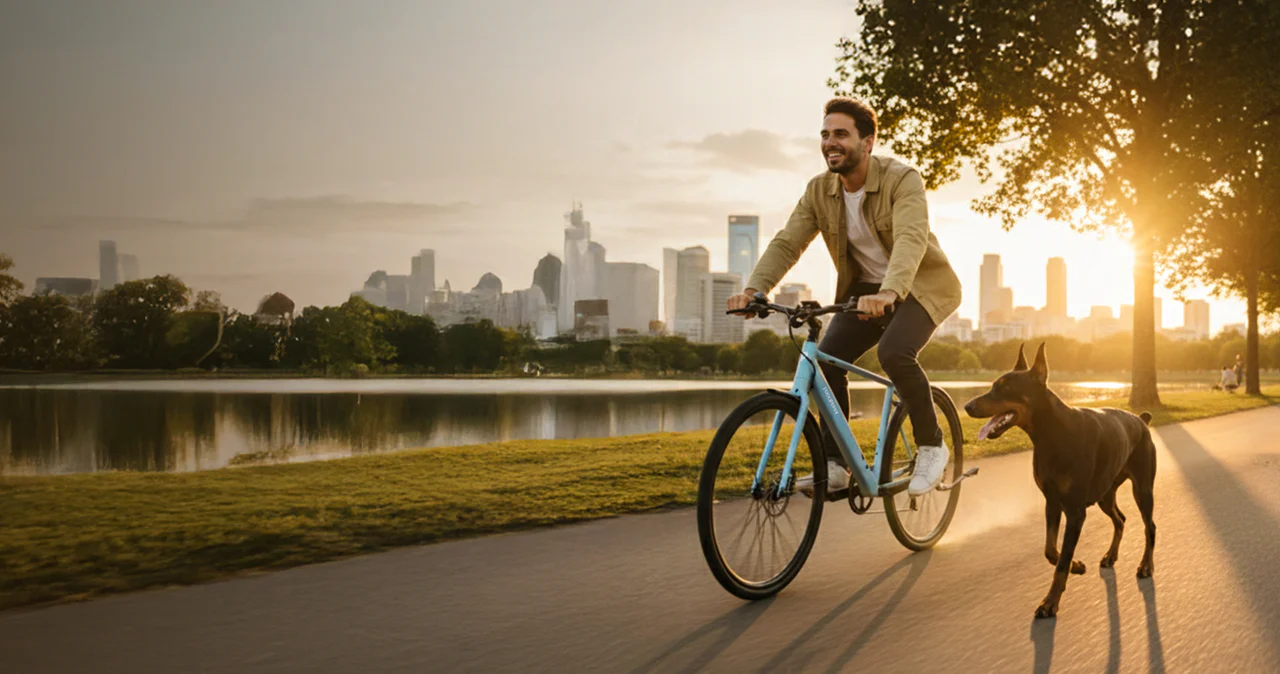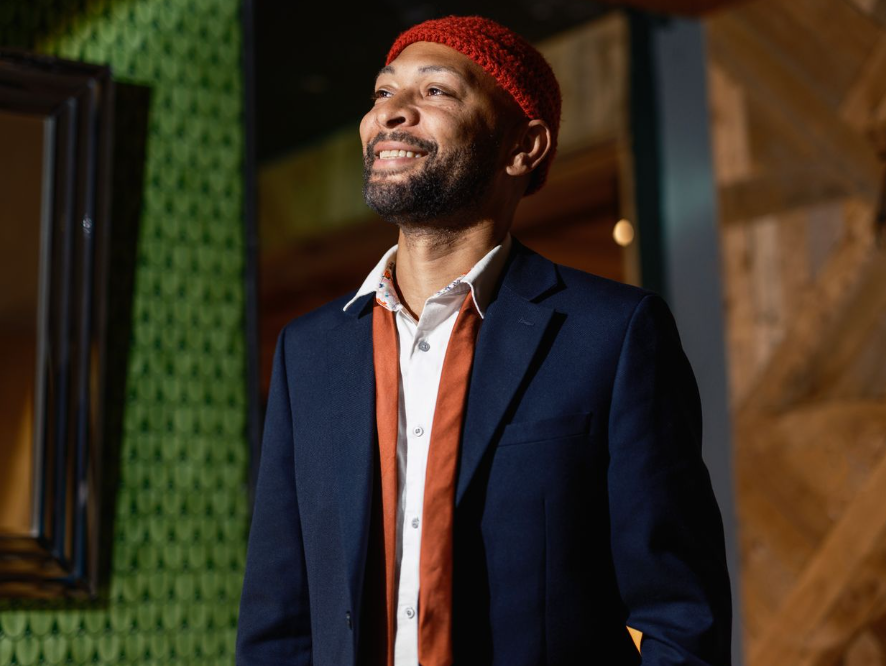
Frances McDormand in Nomadland
Chloé Zhao’s Nomadland is one of the most celebrated films of the year.
It’s also one of the year’s most disorienting films. It refuses easy answers or character judgments, leaving the viewer with an array of questions and, for some, an empty feeling that in no small way resembles the expansive, empty American landscapes that define the film’s setting.
The film tells the story of Fern, a woman who we first see in her role as an Amazon warehouse worker. Fern has lost her husband, and after being evicted from company housing in the industrial town of Empire, Nevada (which in real life was shut down when the US Gypsum plant closed), she’s been living in her van.
NOMADLAND | Official Trailer | Searchlight Pictureswww.youtube.com
Early on in the film, she joins a group of itinerant nomads, many of whom are older and most of whom are members of the gig economy, traveling around working as bathroom cleaners and seasonal temps. Amazon is only the first of many gig jobs that Fern and her compatriots have throughout the film.
Early on, Fern — able-bodied, childless, and capable — immediately identifies herself as someone who “likes to work.” Wracked by grief, she seems like someone who is incapable of maintaining consistent relationships with other humans, but she’s happy to hurl herself into jobs — as a cook, a cleaner, an Amazon worker. Her issue is that she cannot stay in one place.
Fortunately or unfortunately, though she is alone in her life, she is definitely not alone in her situation. The film is about people, mostly senior citizens, who lack support systems and whom the American dream has failed. They sit around campfires and lament their losses. They leave home in pursuit of a little beauty, to soften the end of their lives.
Perhaps because of all the beauty it showcases, Nomadland has been accused of romanticizing the itinerant lifestyle, which many have said is often more dangerous and dirty than it is portrayed in the film. On the other hand, the film has been pigeonholed as a story about “Trump’s America,” about the rural heartland that feels threatened by liberalism and job-killing renewable energy.
The film has also been accused of being apolitical, which Zhao herself has said she finds “shocking.” At one point, Internet preacher and nomadic community manager Bob Wells gives a speech that Zhao told Vulture is “the most socialist speech I’ve ever heard — and I’m from China.”
Living Your Best Life in a Vanwww.youtube.com
Yet despite this, the film resists a clear message of anticapitalism, refusing to portray its protagonists as victims of any kind of system, for better or for worse. Ultimately, it refuses to be a critique or a celebration of the system that created its characters’ nomadic lifestyles. Because of this, it winds up somewhere wholly unexpected.
A deeper look at Chloé Zhao’s career reveals that she has long strived to create films about underrepresented groups that do not fall into stereotypes about poverty or struggle and that do not pigeonhole people or groups into preset narratives. Her first film, Songs My Brothers Taught Me, was a conscious effort on Zhao’s part to circumvent established narratives that fixated on Native American suffering. “That’s not progress, to have to tell a certain kind of story to fit into this film festival,” she said.
Songs My Brothers Taught Me Official Trailer 1 (2016) – Irene Bedard Movie HDwww.youtube.com
So if Nomadlandis neither political nor apolitical, what is it, exactly? It is an exposition of the American landscape. It’s a dive into one woman’s extreme, debilitating grief, which she knows will never leave her behind. It’s an exploration of a way of life that many people on the outside find mysterious and that refuses to fit into any boxes.
In its emptiness and vastness, the film resists traditional Hollywood narratives, opting for a more lyrical, slower pace than most mainstream movies would dream of taking and existing in a quiet, questioning, wide-open space. Perhaps that’s why the film felt appealing to many of us during this pandemic year, when answers and logic fell apart in ways most of us could and still can’t understand and when grief took on an unfathomably large place in our lives.
For her part, Zhao is about to embark on directing a Marvel Cinematic Universe film — Eternals — a film that features one of the MCU’s most diverse casts but is, still, a Marvel film. It’ll be interesting to see what a director as resistant to easy answers as Zhao does with a film franchise that thrives on resolution and release.
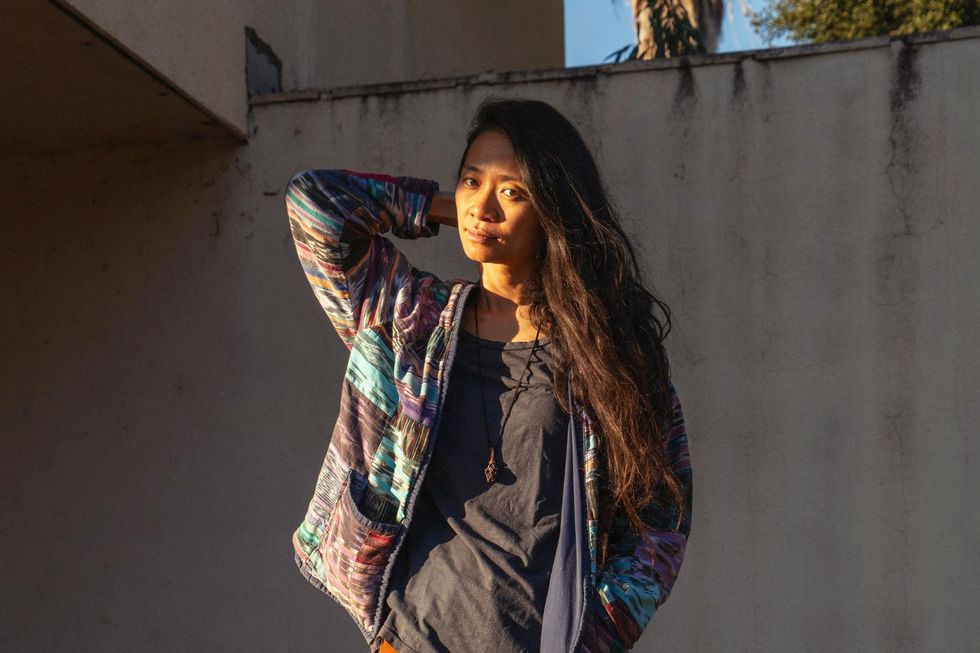 Chloe Zhao for Rolling StoneChloe Zhao for Rolling Stone
Chloe Zhao for Rolling StoneChloe Zhao for Rolling Stone
There seems to be a quiet loneliness to Zhao’s directing style, and Nomadland leaves you with a bittersweet taste in your mouth and more open space than satisfaction in your heart. It places its characters in the position of so many pioneers before them, who struck out to strike gold in the American west, yet it offers no precise resolution, no violent end or romantic finish, no judgment or praise. They aren’t victims of anything, really, but the ravages of time. They’ve chosen rugged individualism not in pursuit of a dream, but in pursuit of ghosts that will not return.
